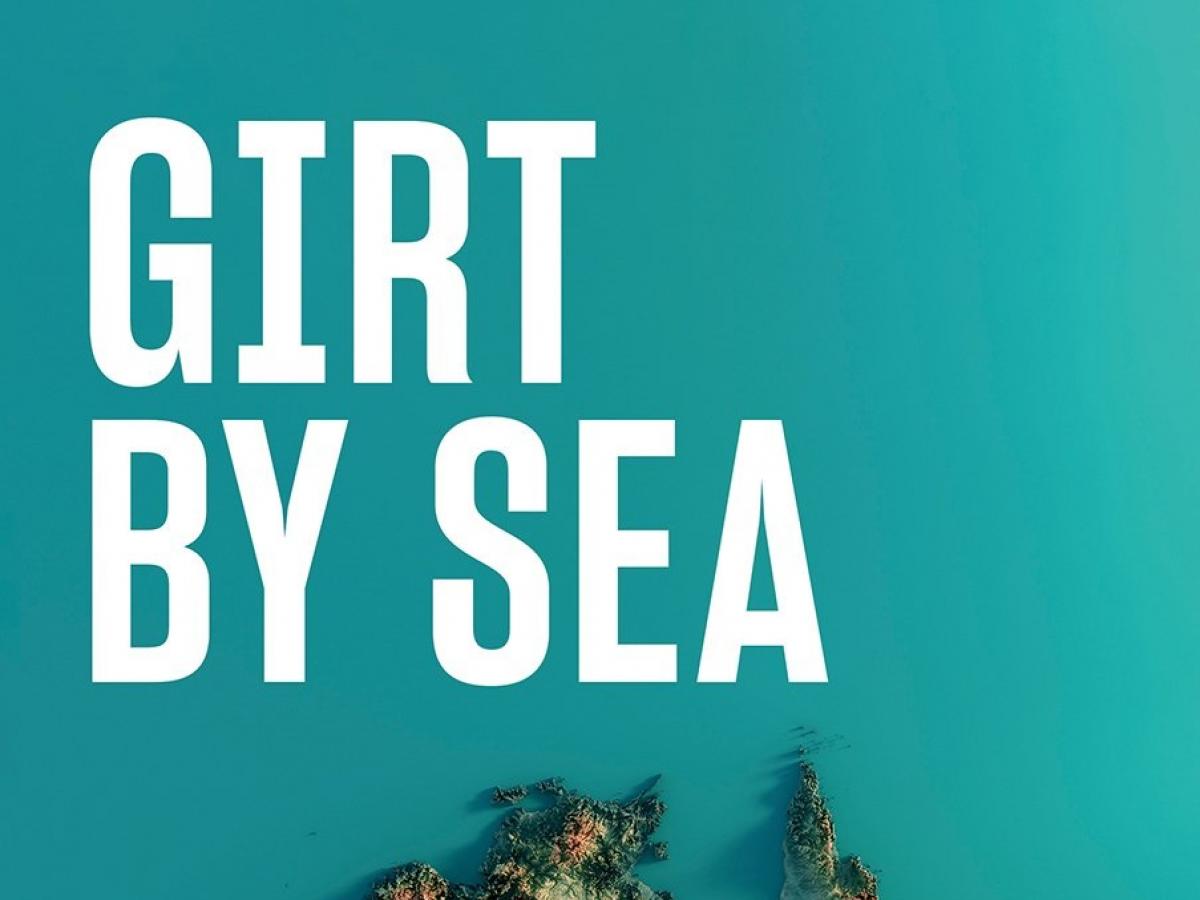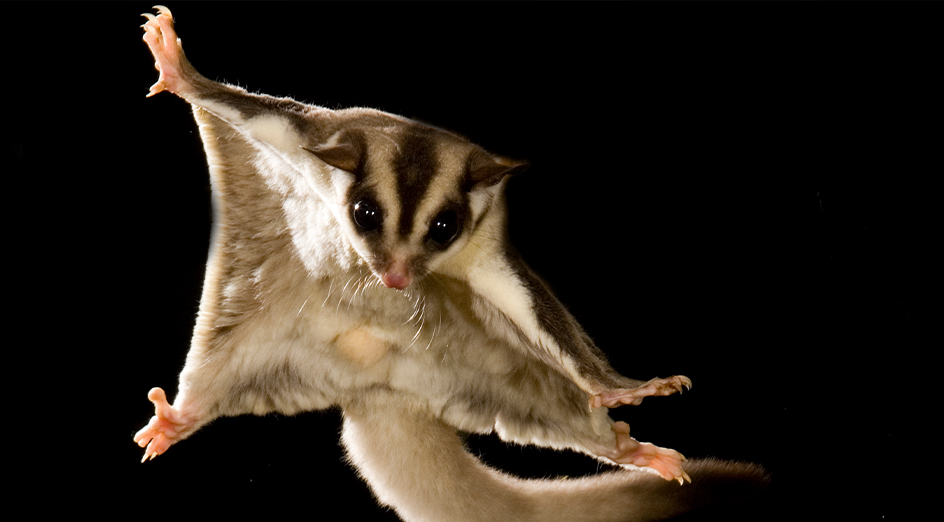- Rt Hon Chris Hipkins
- Hon Dr Ayesha Verrall
New Zealand and the European Union’s collaboration on research, science and innovation will mean greater access and opportunities for Kiwi researchers, Prime Minister Chris Hipkins and Minister of Research, Science and Innovation Ayesha Verrall announced.
The Prime Minister and the EU President Ursula von der Leyen witnessed New Zealand and the European Union signing the Horizon Europe Association agreement in Brussels overnight.
The agreement gives access for New Zealand researchers to Europe’s largest ever science collaboration platform, and creates opportunities for New Zealand’s interests and expertise to be demonstrated on the world stage,” Chris Hipkins said.
“New Zealand scientists contribute massively not only at home but internationally. This will widen the scope and allow them to work more closely with their European counterparts on some of our most pressing problems such as climate change and energy.
“Association is the closest form of cooperation with the Horizon Europe research programme available to non-EU countries. It gives our scientists the opportunity to lead major research programmes in areas of global significance.”
New Zealand has associated to Pillar Two of Horizon Europe, which has funding of €53.5 billion (approximately NZ$90 billion) over the 2021 to 2027 period. Pillar Two focuses on global challenges like climate change, energy, health and the United Nation’s Sustainable Development Goals.
“Our researchers already work with European counterparts regularly, but association to Horizon Europe allows them to join and lead projects on equal terms,” Ayesha Verrall said.
New Zealand is one of the first non-European countries to associate to Horizon Europe.
“We share many values and interests with the EU, so it makes sense that we are finding ways to work more closely together on research, science and innovation as well,” Chris Hipkins said.
Notes for editors:
- New Zealand and European researchers already enjoy a strong collaborative relationship across a wide range of topics. In 2022, 19.5 percent (3,601 out of 18,475) of New Zealand publications were produced in collaboration with EU member states. Before the United Kingdom withdrew from the EU in 2020, this figure was around 26 percent.
- New Zealand researchers have been participating in EU research programmes for years. New Zealand researchers were awarded 23 grants under Horizon Europe’s predecessor, Horizon 2020, over the programme’s seven-year duration.
- Researchers are expected to be more successful under Horizon Europe over a shorter period. MBIE estimates 40-50 successful grants over the five years of association, a 20 percent success rate from an estimated 220 applications.
- MBIE has been notified of 12 Horizon Europe funding bids from New Zealand research organisations to date. They are part of research consortia seeking approximately €69 million (NZ$120 million) funding with around €7.3 million (NZ$12.7 million) for New Zealand partners. Proposals are spread across most of the Pillar Two thematic clusters with a concentration around the food, bioeconomy, natural resources, agriculture and environment cluster and the health cluster.








